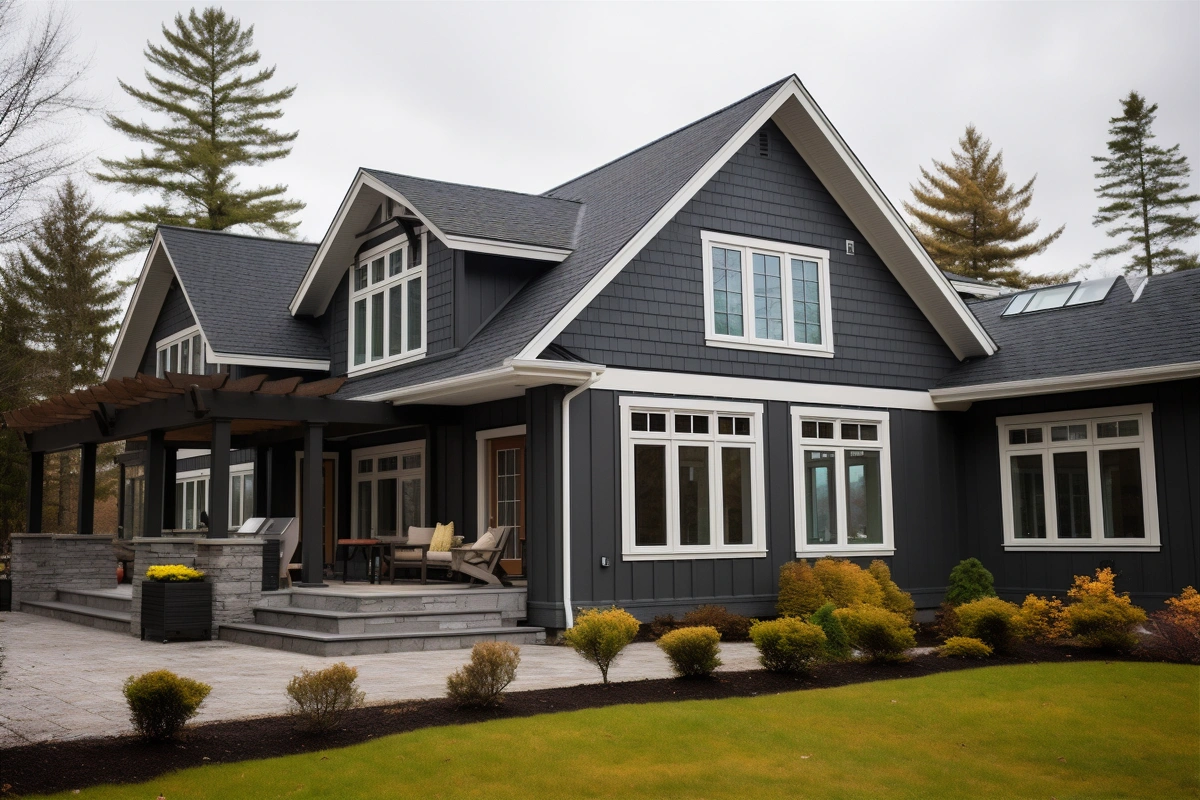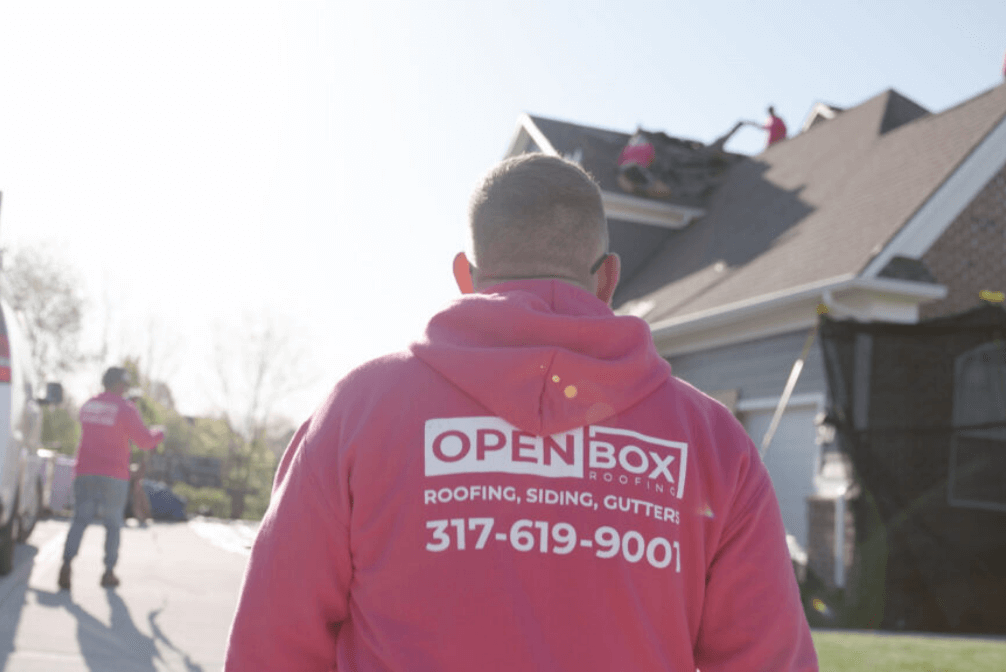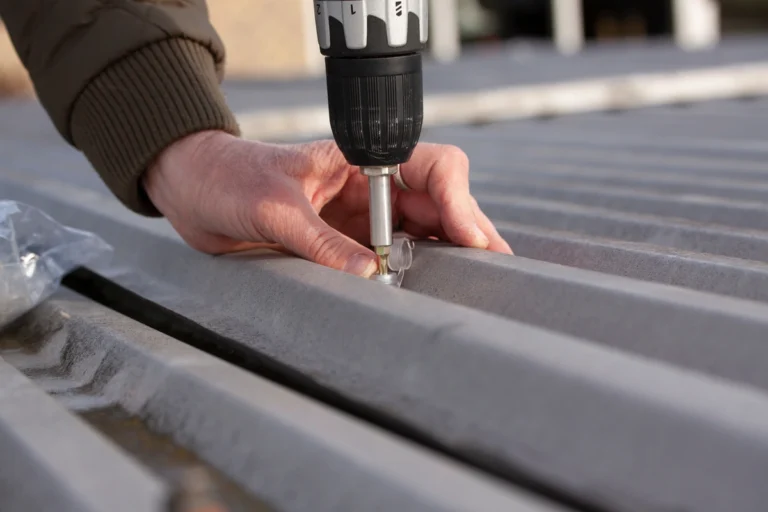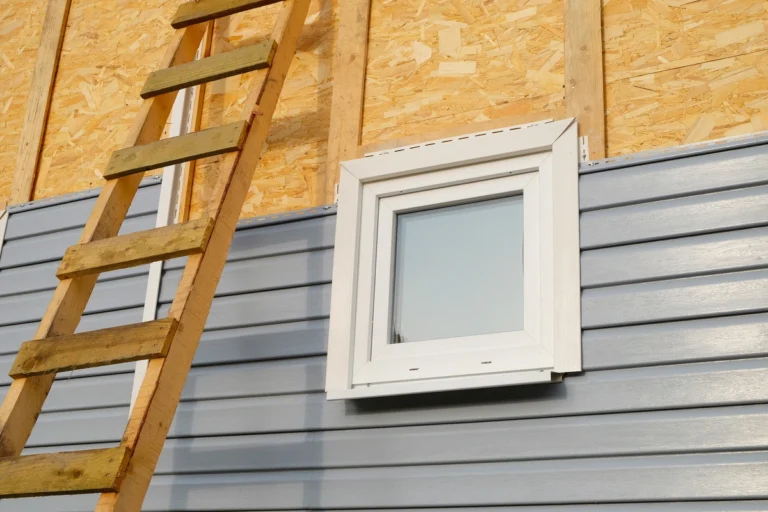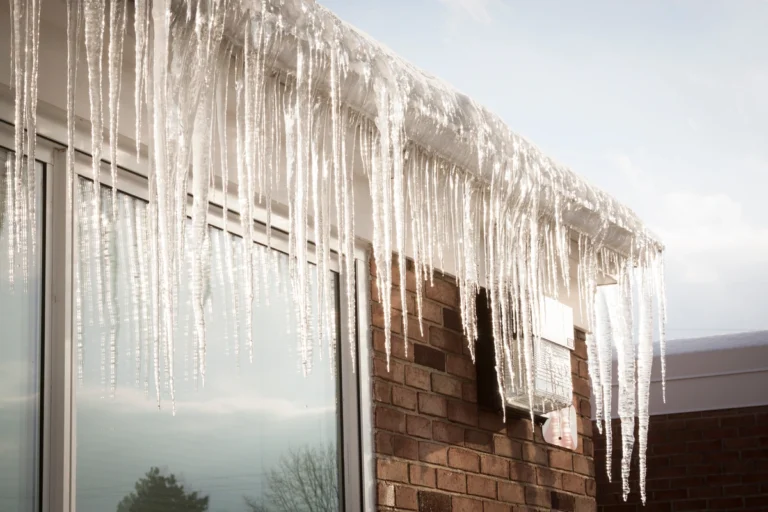When it comes to your home, one of the most critical components is your roof. After all, your roof:
- Protects you from the elements
- Keeps you warm and dry
- Adds structural integrity to your house
But like any other part of your home, your roof is not immune to wear and tear over time. This is where a roof warranty comes into play. In today’s blog post, we’ll take a deep dive into what a roof warranty is, the difference between a product warranty and a workmanship warranty, what your warranty typically covers and doesn’t cover, and how to spot signs of roof damage.
What is a Roof Warranty?

A roof warranty is a written agreement between you (the homeowner) and the roofing manufacturer or contractor. It serves as a guarantee that your roof will perform as expected within a specified period. Roof warranties provide homeowners with peace of mind, knowing that they won’t be left with significant repair or replacement costs in case of unexpected issues.
Product Warranty vs. Workmanship Warranty: Which One Is Right For You?
There are two main types of roof warranties: product warranties and workmanship warranties. Understanding the distinction between the two is crucial when evaluating the coverage of your roof warranty.
Product Warranty
A product warranty covers the roofing materials themselves, such as shingles, underlayment, and flashing. These warranties are typically provided by the manufacturer and can vary in duration, with common lengths ranging from 10 to 50 years or more. The specific terms and conditions of a product warranty depend on the manufacturer and the type of roofing materials used.
Key points to consider with a product warranty:
- It covers defects in the roofing materials, including premature deterioration, manufacturing defects, and material failure.
- Product warranties are generally transferable to subsequent homeowners if you decide to sell your home.
- Proper installation and maintenance are essential to validate a product warranty. Failure to follow installation guidelines or maintain your roof may void the warranty.
Workmanship Warranty
A workmanship warranty, also known as a labor warranty or installation warranty, covers the quality of the roof installation and workmanship performed by the roofing contractor. Unlike product warranties, workmanship warranties are typically provided by the roofing contractor or installation company.
Key points to consider with a workmanship warranty:
- It guarantees that the roofing installation was done correctly and in accordance with industry standards.
- Workmanship warranties typically have a shorter duration than product warranties, often ranging from 1 to 10 years.
- The terms and conditions of workmanship warranties may vary between contractors, so it’s essential to read and understand the specifics.
- Workmanship warranties are not always transferable to subsequent homeowners.
What Your Roof Warranty Typically Covers
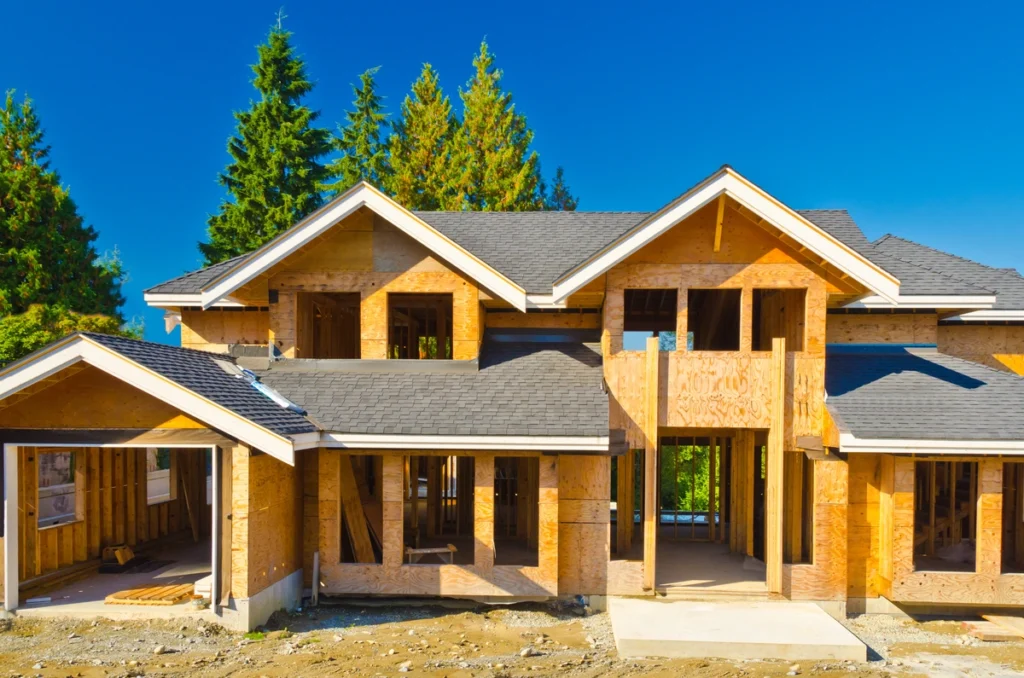
The coverage provided by your roof warranty can vary widely depending on the type of warranty, the manufacturer or contractor, and the specific terms and conditions outlined in the warranty documentation. However, here are some common items that are typically covered by roof warranties:
Product Warranty Coverage
- Material Defects: If your roofing materials develop defects or fail prematurely, the manufacturer’s warranty should cover the cost of replacement materials.
- Color Fading: Some warranties cover color fading of roofing materials beyond a certain threshold, ensuring that your roof maintains its aesthetic appeal.
- Algae and Mold Resistance: Many product warranties include coverage for algae and mold resistance, which can help prevent unsightly growth on your roof.
- Wind Damage: Some warranties specify protection against wind damage up to a certain wind speed, ensuring your roof remains intact in severe weather conditions.
Workmanship Warranty Coverage
- Installation Errors: Workmanship warranties cover issues related to the installation process, such as leaks caused by improper sealing or flashing.
- Roofing System Integrity: The warranty may guarantee the overall integrity of your roofing system, ensuring that it functions as intended.
- Labor Costs: If any workmanship-related issues arise during the warranty period, the roofing contractor typically covers the cost of labor for repairs.
It’s important to note that these coverages may vary from one warranty to another, so always review the warranty documentation carefully to understand what is included.
What Your Roof Warranty Typically Does Not Cover
While roof warranties offer valuable protection, they often come with exclusions and limitations. Here are some common items that are typically not covered by roof warranties:
Product Warranty Exclusions
- Normal Wear and Tear: Product warranties do not cover the natural aging and wear and tear of roofing materials over time.
- Acts of Nature: Damage caused by severe weather events, such as hailstorms, hurricanes, or earthquakes, is generally not covered by product warranties.
- Improper Maintenance: Neglecting to maintain your roof properly, including cleaning gutters and removing debris, can void your warranty coverage.
- Unauthorized Repairs: If you make repairs or modifications to your roof without manufacturer-approved materials or methods, it may void the warranty.
Workmanship Warranty Exclusions
- Acts of Nature: Similar to product warranties, workmanship warranties typically exclude damage caused by severe weather events.
- Subsequent Repairs by Others: If you hire another contractor to perform repairs or alterations to your roof, it may void the workmanship warranty.
- Unauthorized Changes: Making changes to your roofing system without the approval of the original contractor can result in warranty voidance.
7 Signs of Roof Damage to Watch Out For
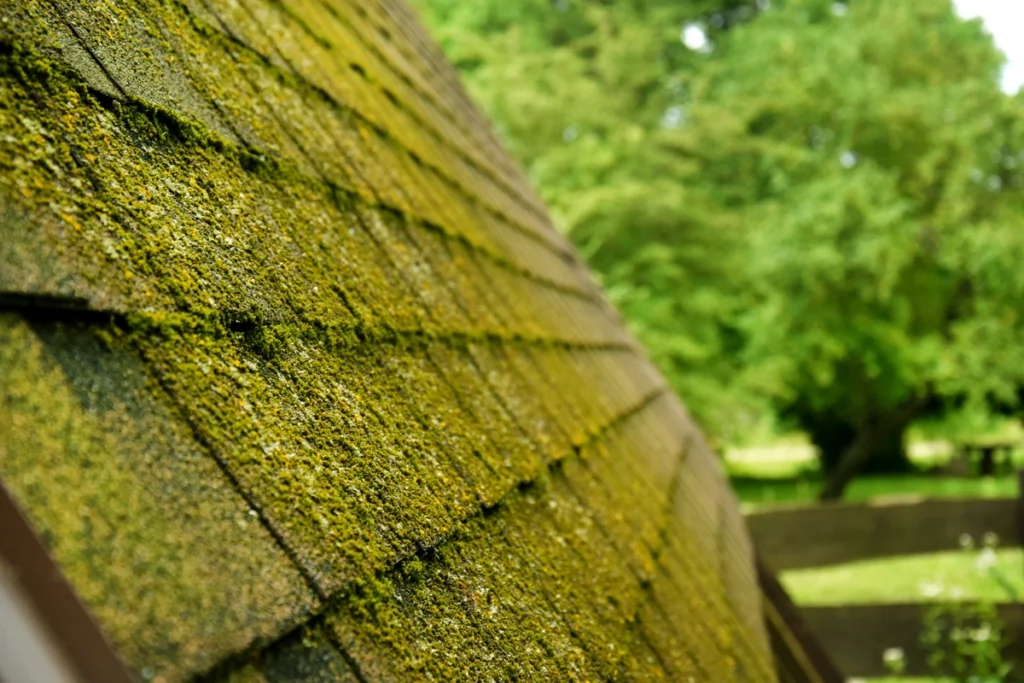
To ensure that your roof remains in good condition and to maximize the benefits of your roof warranty, it’s essential to regularly inspect your roof for signs of damage. Here are some common signs of roof damage to watch out for:
1. Leaks and Water Stains
Water stains on your ceiling or walls are a clear indication of a leaky roof. Inspect your attic and interior spaces for signs of water intrusion.
2. Missing or Damaged Shingles
Missing or damaged shingles can expose your roof to further damage. Look for shingles that are cracked, curling, or entirely missing.
3. Moss, Algae, or Mold Growth
Algae and mold growth on your roof can deteriorate roofing materials and affect your home’s appearance. Cleaning and maintenance may be necessary to prevent further damage.
4. Sagging Roof
A sagging roof may indicate structural issues or water damage. It’s essential to address this problem promptly to prevent further damage.
5. Granule Loss
Excessive granule loss from asphalt shingles can indicate wear and tear. Check your gutters for granules that have washed away.
6. Damaged Flashing
Flashing around chimneys, vents, and skylights should be in good condition. Damaged or deteriorated flashing can lead to leaks.
7. Interior Condensation
Condensation in your attic can lead to mold growth and insulation damage. Ensure proper ventilation to prevent this issue.
Learn More About Open Box’s Roofing Warranties
Understanding your roof warranty is crucial for protecting your home and investment. Whether you have a product warranty or a workmanship warranty, being aware of what is covered and what is not can save you from unexpected expenses. Regular roof inspections and maintenance are key to spotting and addressing damage early, ensuring that your roof serves you well for years to come. Remember, a well-maintained roof not only adds value to your home but also provides the security and comfort you deserve.
At Open Box, we’ll provide your with the best roofing warranty around! Contact us today to learn more about our what our warranties cover.
